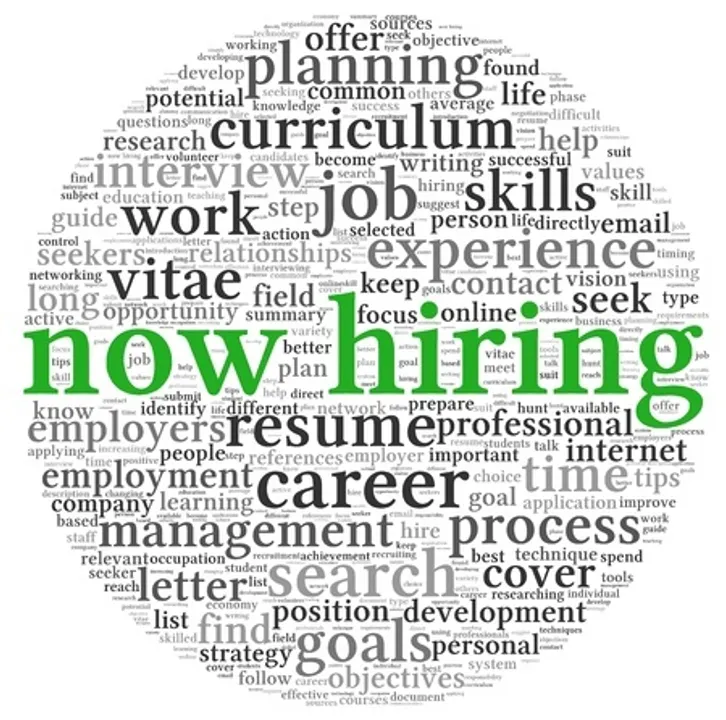Tips for IMGs' First Job Search

Rafa? Olechowski/123RF.com
Every year, thousands of foreign doctors come to the United States with the hope of landing that elusive job. Often times, they do this without counting the cost, and there are unanticipated challenges that often arise. The challenges that foreign trained doctors face in America have been discussed. (See the blog post, Residency Training Challenges for International Medical Graduates.) In the present post, I'll share some basic things every international medical graduate (IMG) should know before starting a job search. Hopefully, your job search will be a little less bumpy.
Get your career documents in check. You must have a resume (American style). As a career consultant, I have seen quite a few resumes, including those of IMGs. Suffice to say, some of them made a wise choice in having someone else re-write the resume. Know that in the US, a typical employer spends a few seconds (way less than a minute) looking at a resume. They just want to see whether they can bring you in (or screen you over the phone). So make your resume a good one. The minimal fee one pays for this service is well worth it, considering the impact a well-written resume has on your career. One more note about American style resumes: Do not include personal details, like your age, marital status, or your photo. While these may be harmless in other parts of the world, in the US, they are not. In fact, US employers are not allowed to ask about some of your personal details. It is illegal.
Other career documents that you must have as an IMG seeking employment (or additional training) include curriculum vitae (CV), personal statement and a “master cover letter,” as I call it. Why a master cover letter? Because each cover letter must be targeted to your position of interest. One size does not fit all. However, there are certain parts of the cover letter that can essentially stay the same. What about a CV? Why a CV if you already have a good resume? For starters, although these terms are often used interchangeably, they do differ. For this present post, suffice to know that a CV is the preferred document if you are applying for an academic position, especially a research oriented position.
When you hear of a job opening or you see one online, you want to spend as little time a possible writing and/or updating your documents. If you spend too much time in preparing to apply for the job, it may not be available when you are ready. In addition to writing and updating your documents, I usually tell my clients to write down any experience they have acquired (paid or unpaid), their interests, their inspirations, their strengths, and soft skills. How will your peers describe you? These are all important things to strategically include in your career documents. Your summary on the resume should fit the job for which you are applying.
More things to consider. What are your negotiables? Are you willing to take a low paying (or unpaid) job so as to gain experience here in the US? Are you willing to relocate? Often times, during an online job search, you will be asked to enter the radius of your search. Are you willing to travel 30 miles from your zip code? For me, relocation was a non-negotiable during my mid-career years. I had an opportunity to relocate with my mentor. I do believe I would still have an academic career if I had relocated or accepted the 3-4 hour commute daily. At the time, I had two young children who were attending school just minutes away from my job. That was important to me. I could stop by the school during lunch. Now in their teens, they reminded me how much they enjoyed those moments. That was priceless. When considering relocation, remember that kids don’t always adjust as well as adults do. Having said that, determine what really Is important to you. Know your negotiables and your non-negotiables. Be prepared. A prepared job seeker is a confident one.
In future posts, I'll discuss some career options for international medical graduates. Until then, happy reading and happy job hunting.
Related Posts
